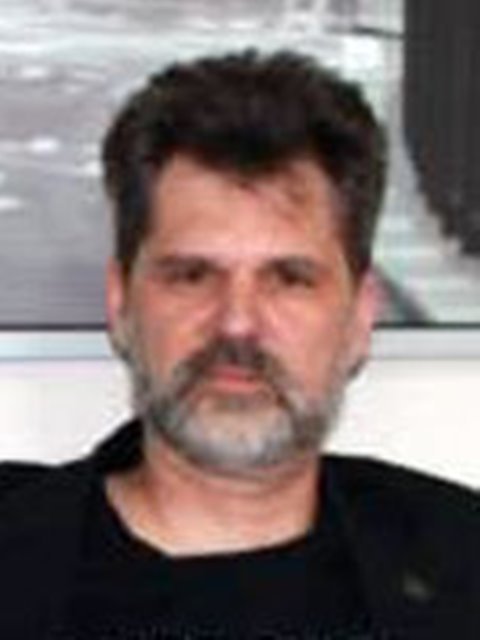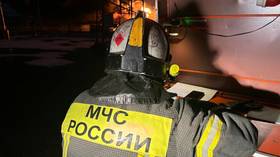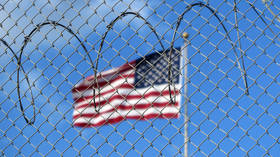The Cyprus issue: 40 years' resolution and the matter of natural gas
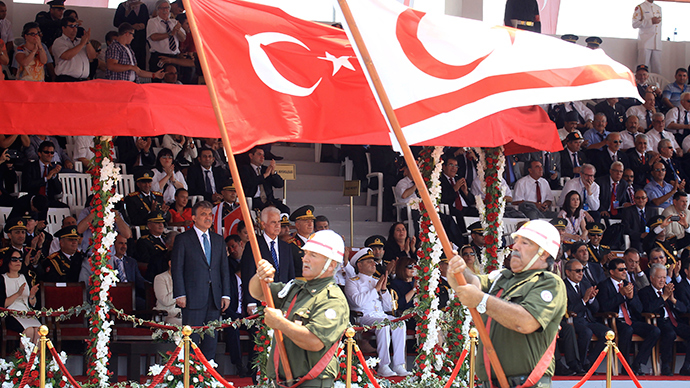
Last Sunday, 20 July 2014, marked the 40th anniversary of Turkey's direct involvement on the island of Cyprus.
The so-called Attila-1 offensive was a military intervention aimed at bringing a halt to a bloody operation of "ethnic cleansing" (though the term still had to be invented at the time) which was targeting the Turkish population of the island. The Turkish Armed Forces subsequently occupied a fair share of the island's territory (37 percent), an area that was turned into the so-called Turkish Republic of Northern Cyprus (TRNC) in 1983 – a mini-state that has only been recognized by the Republic of Turkey.
Even now that the southern or Greek-populated part of the island (the so-called Republic of Cyprus) has joined the EU (on 1 May 2004) and even become part of the eurozone (on 1 January 2008), a solution for the problems of partition and inter-communal distrust has remained elusive and apparently much-sought after.
Still, on the occasion of this year's anniversary, the soon-to-be-replaced President of Turkey Abdullah Gul publicly said the following: "We hope that there will be another opportunity for talks and we will reach an affirmative point as a result of negotiations so it won’t be open ended talks. We hope that the two sides would reach an agreement within the parameters of the United Nations". Sooner rather than later, he even seemed to be thinking.
The beginning of the conflict
To this day worldwide public opinion persists in viewing the Turkish actions of 1974 as unwarranted acts of aggression tantamount to a war crime – for instance the pan-European news organization Euronews states that "Turkey claimed [that the Attila-1 offensive's aim] was to protect Turkish Cypriots", whereas "Greek Cypriots called it an occupation", or nothing but a violent land grab, in other words.
The seeds of the still ongoing conflict were apparently sown when "Britain occupied Cyprus by virtue of the Anglo–Turkish Convention signed on 4 June1878", formally annexing the island in 1914. Britain used both communities as ploys to "divide & rule" the island. The Al Jazeera correspondent and New Athenian, John Psaropoulos relates that after "the Second World War, Greek-Cypriot Lieutenant Colonel Yiorgos Grivas set up EOKA, a guerrilla organization, which attacked British troops and installations as part of its goal to merge Cyprus with Greece. Its battle cry was “Enosis”, or “Union”.”
Subsequently, inter-communal violence became the norm on the island, a fact which did not change after the island gained its independence in 1960, "on the basis of a power-sharing agreement negotiated by Greece and Turkey, [but] not by the Cypriots themselves".
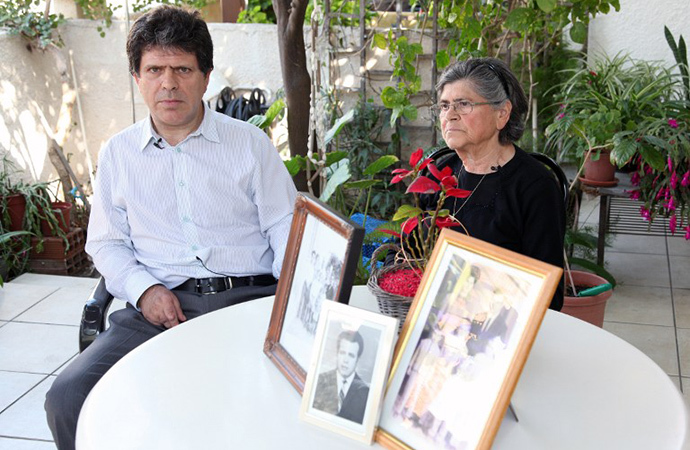
At the time of the Turkish invasion of Cyprus, the Turkish press was inundated with reports of unspeakable atrocities committed by Greek Cypriots – families being buried alive and houses burned, next to accounts of summary executions and other atrocities that made Turkish blood boil and led then-PM Bulent Ecevit to order the Turkish army to intervene. This bold move earned the leftist politician the sobriquet "Conqueror of Cyprus", as Ecevit's audacious policy decision arguably saved the lives of untold numbers of Turkish Cypriots.
For instance, on 2 September 1974, the Turkish daily Milliyet reported an atrocity involving 88 dead, including women, children and the elderly, that had occurred in the Turkish villages of Murataga and Sandallar, 25 kilometers from Famagusta on 14 August previously.
In their turn, many Greek Cypriots and their sympathizers claim that the Turkish military killed and maimed numerous Greek Cypriots, accusing Turkish soldiers of having committed war crimes and other unwarranted acts of unprovoked violence. In addition to having chased some 200,000 Greek Cypriots from their homes in the north of the island.
Oil-rich resort
As a result, the island has effectively been split in two since 1974 with the northern part necessarily turning to Turkey for aid and support in view of its isolation inside the international community. As such, the KKTC has become a bit of a favored holiday spot for many rich and famous as well as numerous less well-off Turks.
Many plans and strategies have been tried over the years in
attempts to bring peace to the island, most notably the Annan
plan of 2004 that was rejected by a popular referendum. Still,
ten years later President Gul appears optimistic that a
resolution is to be found shortly and both parties "reach an
agreement within the parameters of the United Nations.”
The main difference today is that a gas field – the so-called
Aphrodite gas field – has been discovered off the southern coast
of Cyprus, located about 34 kilometers (21 mi) west of Israel's
notorious Leviathan gas field.
Turkey wants to be the transit route for Israeli gas, providing easy access to international markets, and arguably aims at fulfilling a similar role with regard to the gas pumped by the Greek Cypriots. Additionally, a re-unified Cyprus would also allow the north to reap some benefits from this new-found undersea wealth, while also constituting a direct accession to the EU and the eurozone. And a re-united Cyprus would also augur well for reviving Turkey's now all but defunct EU ambitions. As a result, the time has now really come to bury the hatchet and let bygones be bygones. In fact, over the past months, the US Assistant Undersecretary of Defense for Europe and NATO issues James Townsend, and Amanda Sloat, the Assistant US Undersecretary of State for European Affairs, and even US Vice President Joe Biden visited the Republic of Cyprus. The presence of these high-powered Americans on the island signals that it is not just Turkey (or Cyprus) that favors a swift resolution to the decades-old conflict.
As a result, the fires of Greek and Turkish nationalism burning on Cyprus now seem to be on the verge of being quelled by 3.6 to 6 trillion cubic feet of natural gas assumed to be present in the Aphrodite gas field and such a development would not just be beneficial to Cyprus, but arguably also to the Republic of Turkey that at present is still maintaining 40,000 armed troops in the KKTC at an estimated cost of $480 million annually.
The statements, views and opinions expressed in this column are solely those of the author and do not necessarily represent those of RT.
The statements, views and opinions expressed in this column are solely those of the author and do not necessarily represent those of RT.
